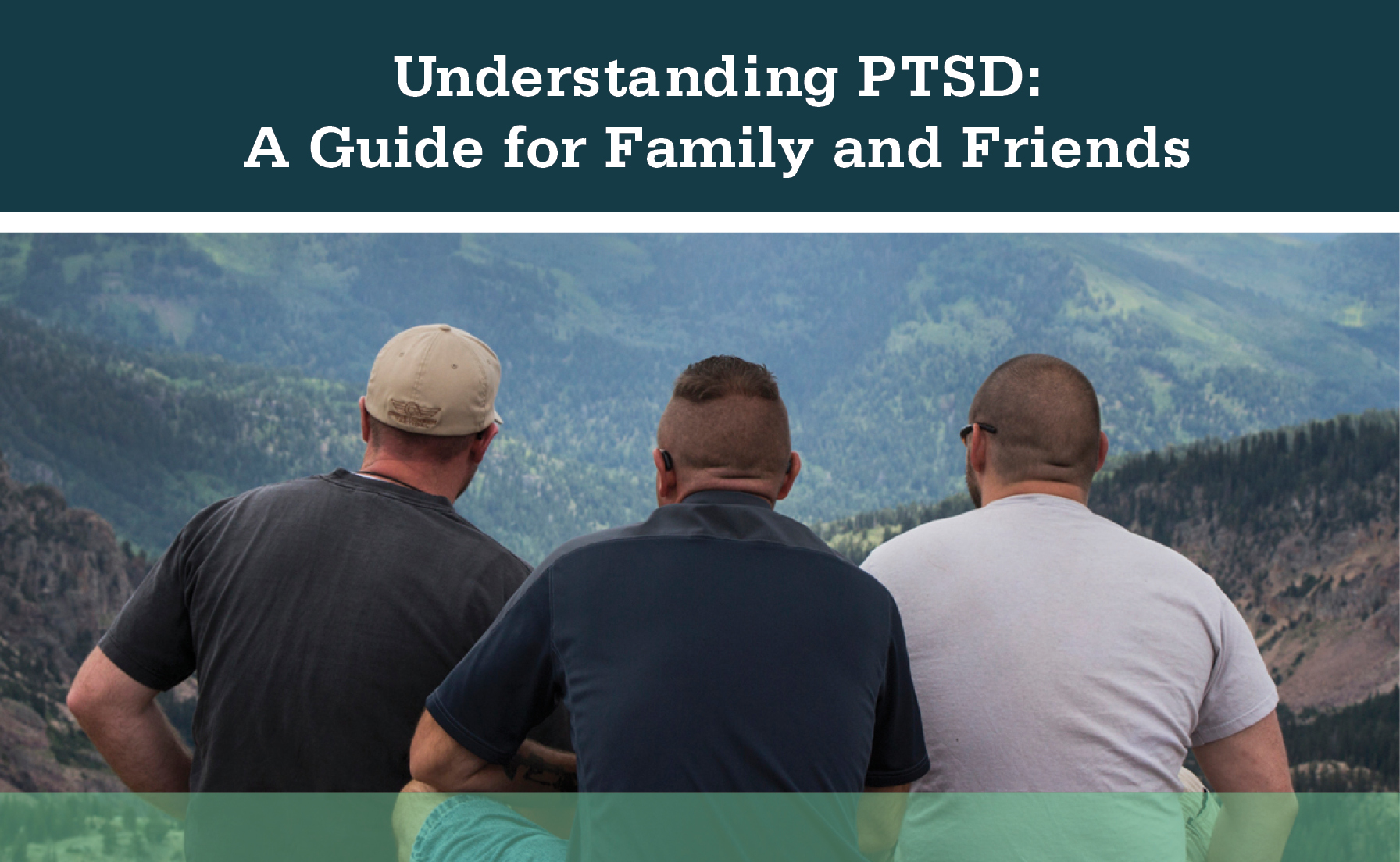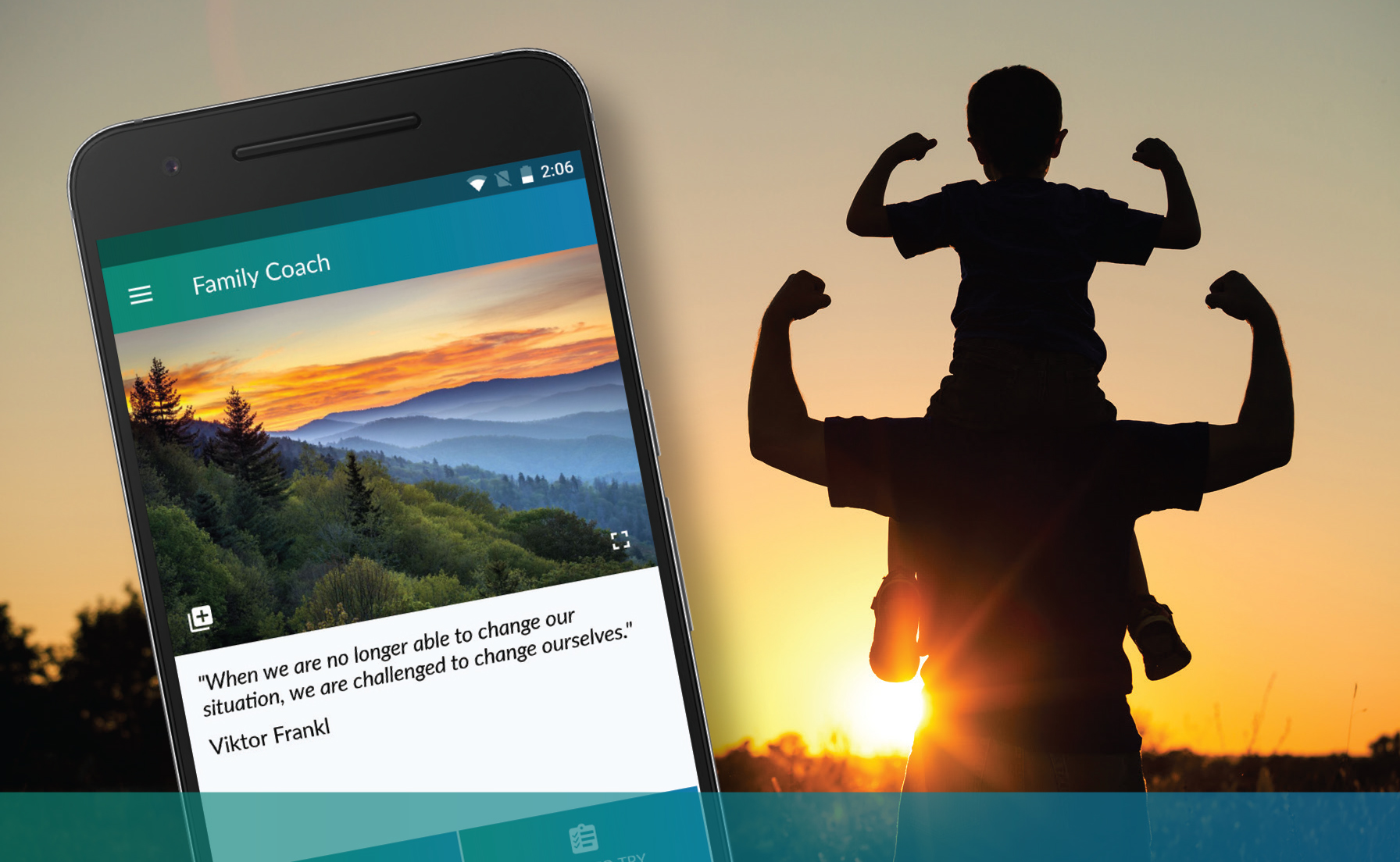For Family and Friends
For Families and Friends
Effects of PTSD
PTSD includes a range of symptoms that can effect family members. When someone has PTSD, their ability to function as a parent or partner can be impacted, and changes in their functioning can lead to unmet family needs and increased stress within the family. This section provides information about the effects of PTSD and trauma on families, children, and relationships.
Families
- Effects of PTSD on Family
Common reactions of family when a member has PTSD. - When a Child's Parent has PTSD
Explains the common problems experienced by children of Veterans or other adults with PTSD. Provides recommendations for how to cope with these difficulties.
Military families
- How Deployment Stress Affects Families
Learn about the challenges facing military families when a Service member is deployed to a combat zone and ways to cope. - Partners of Veterans with PTSD
Discusses common problems experienced in relationships in which one or both of the partners has PTSD. Also discusses treatment options and lists resources.
Relationships
- Family Relationships
Describes how trauma reactions can sometimes get in the way of closeness and connecting with others.
How Can I Help
When someone you love has PTSD, it can change your relationship with them. The person with PTSD may act differently and change the way they express emotions. He or she may not want to do things you used to enjoy together. Fortunately, there are option for making things better. This section provides information on how you can help a loved one with PTSD, including information on very effective treatments for PTSD.
Helping a loved one
- Helping a Family Member Who Has PTSD
Ways you can help a loved one with PTSD and ways you can help yourself. - Cognitive Processing Therapy: Helping During Treatment
If someone you love is starting CPT, learn about the treatment and how you can offer support. - Eye Movement Desensitization and Reprocessing (EMDR): Helping During Treatment
EMDR is an evidence-based therapy for PTSD. If someone you love is starting EMDR, learn how you can support your loved one during treatment. - Prolonged Exposure: Helping During Treatment
If someone you love is starting Prolonged Exposure (PE), learn about the treatment and how you can offer support. - Written Exposure Therapy (WET): Helping a Loved One
If someone you love is starting Written Exposure Therapy, learn about the treatment and how you can offer support. - Grief: Helping Someone Else After a Loss
Learn strategies to support someone grieving a loss.
Helping a Veteran
- Help a Veteran Get Needed Care
If someone you love is starting CPT, learn about the treatment and how you can offer support.
How Do I Get Support
When someone you care about has PTSD, it affects you too. You are probably spending time and energy to help your loved one cope. Learning about PTSD helps you to understand what your loved one is experiencing. But, you need to take care of yourself too. Here are some resources that can help.
Family and friends
- Help for Family and Friends
Learn about resources to help you take care of yourself while supporting someone with PTSD.
Military families
- Children Coping with Deployment
Explains how children react to a parent's going to war, with suggestions for helping children cope. - Coping When a Family Member Goes to War
Suggestions to help families cope before, during, and after a partner is deployed to a war.
You May Also Be Interested In

Understanding PTSD: A Guide for Family and Friends (PDF)
What you need to know to help yourself and your loved one with PTSD.

























